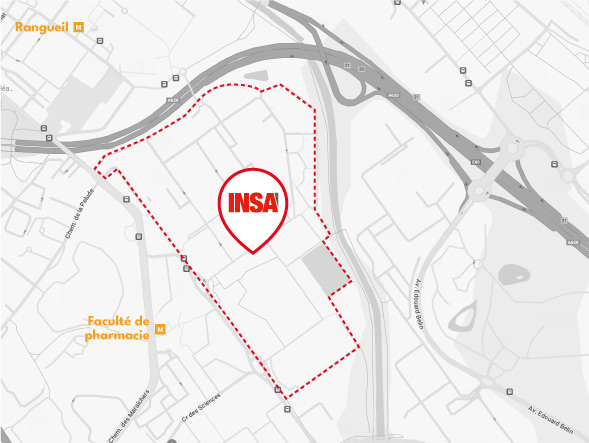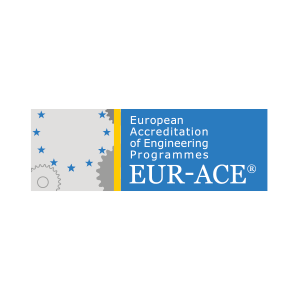Program (detailed contents):
Time series
– Introduction and Descriptive Analysis: Time series decomposition, Estimation and Elimination of Trend and Seasonal Components
– Random Modeling of Time Series: Stochastic process, stationnarity, Autocovariance Function
– Statistical Inference of Stationary processes of order 2: Moment Estimation, Best linear predictor, Partial autocorrelation, statistical tests
– ARMA and ARIMA Models: AR process, MA process, ARMA et ARIMA processes
The practical labworks will be performed with R software.
Poisson processes and application to reliability and actuarial science
1st part: Theoretical foundations
– Probability distributions in reliability theory, hazard rate, memoryless distributions
– Introduction to homogeneous Poisson processes: definitions, fundamental properties, and simulation methods
– Inferential statistics for the homogeneous Poisson process (likelihood, estimation of the rate, confidence intervals, statistical tests)
– Introduction to inhomogeneous Poisson processes: definition, fundamental properties, simulation methods, and likelihood
2nd part: Mini projects
Application and illustration of different aspects of the Poisson process on real and/or simulated data in reliability theory or actuarial science (e.g. Cramér-Lundberg model)
The practical labwork and the projects will also be performed with the R software.
Objectifs
At the end of this module, the student will have understood and be able to explain (main concepts):
Time series
- Trend and seasonality of a time series
- Definitions and properties of stationary processes
- The autocovariogram and autocorrelograms (total and partial) of a stationary process
- The ARMA and ARIMA models
Poisson processes and application to reliability and actuarial science
- Homogeneous and inhomogeneous Poisson processes
- Statistical inference for homogeneous Poisson processes
The student will be able to:
Time series
- Estimate or eliminate the trend and/or the seasonality of a time series.
- Study the stationnarity of a time series.
- Calculate and estimate the autocorrelogram and the autocorrelograms (total and partial) of a stationary process.
- Study and/or adjust an ARMA (or ARIMA) model on a stationary time series.
- Carry an optimal linear forecast of an ARMA process.
- Apply these concepts using R software
Poisson processes and application to reliability and actuarial science
- Know and understand the (homogeneous and inhomogeneous) Poisson process theory fundamentals.
- Estimate the rate of a homogeneous Poisson process and construct confidence intervals and statistical tests for such rate (theoretically and in practice with the R software)
- Draw at random (homogeneous and inhomogeneous) Poisson processes using different methods
- Model the recursive occurrences of the failures on a system, or the claim times in Insurance by Poisson processes
Pré-requis
- Probability and Statistics (L2/2MIC)
- Probability and Data Analysis (L3/3MIC)
- Inferential Statistics (L3/3MIC)
- Statistics Modelling (M1/4MA)
Évaluation
L’évaluation des acquis d’apprentissage est réalisée en continu tout le long du semestre. En fonction des enseignements, elle peut prendre différentes formes : examen écrit, oral, compte-rendu, rapport écrit, évaluation par les pairs…













